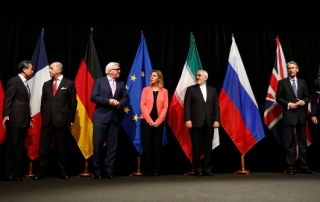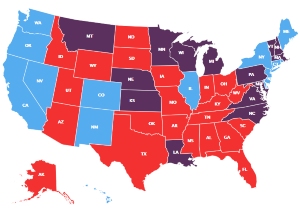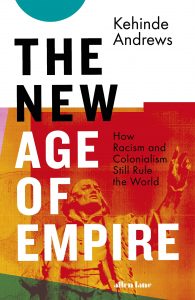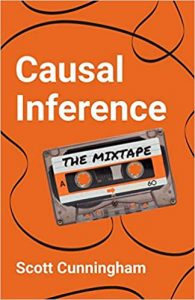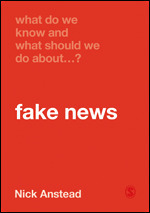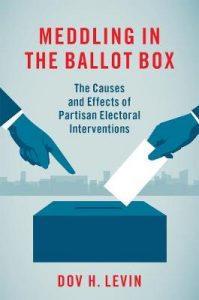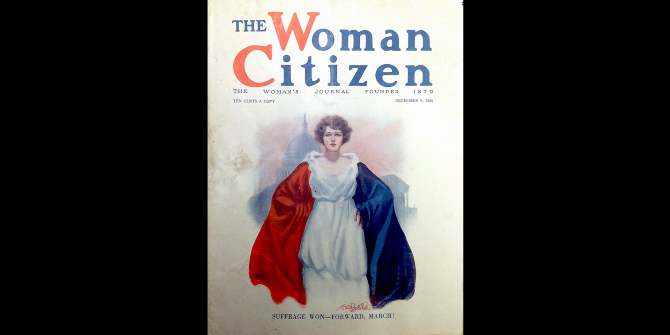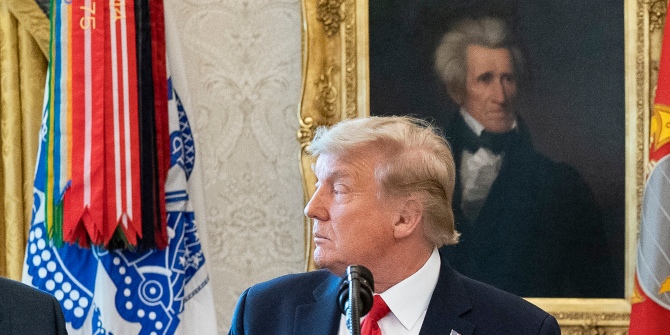The Iran nuclear deal: driven by international factors for the US, and domestic ones for Iran.
In July, Iran and the P5+1 reached an historic deal over Iran’s nuclear program. Steven Hurst takes a close look at the factors which explain why Iran and the other key negotiator – the US – were able to come to a deal. He writes that sanctions alone do not explain Iran’s change in policy, and that the US compromise […]


